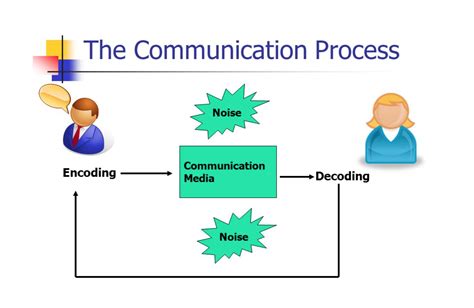Decoding Company Culture: Understanding Its Significance

Company culture is a crucial aspect of any organization. It defines the working environment, the values, beliefs, and behaviors of the employees, and ultimately shapes the success of the company. Understanding and decoding company culture is therefore essential for both employers and employees to ensure a healthy and productive workplace.
What is Company Culture?
Company culture refers to the shared values, beliefs, attitudes, and practices that characterize an organization. It includes the company’s mission, vision, goals, and the way it conducts business. Company culture is shaped by the leadership, the employees, and the work environment. It influences the behavior, engagement, and productivity of the employees, as well as the overall success of the company.
Why is Company Culture Important?
Company culture plays a crucial role in attracting and retaining talent, enhancing employee engagement, and improving the company’s performance. A positive company culture that aligns with the employees’ values and beliefs can boost morale, increase motivation, and foster creativity and innovation. It can also lead to higher job satisfaction, lower turnover rates, and better customer satisfaction.
How to Decode Company Culture?
Observe the Work Environment
The work environment is a reflection of the company culture. Observe the office space, the layout, the decor, and the overall ambience. Is it formal or informal? Is it collaborative or individualistic? Is it relaxed or fast-paced? These factors can give you insights into the company culture and the values it upholds.
Talk to the Employees
The employees are the best source of information about the company culture. Talk to them about their experiences, their perception of the company, and their values and beliefs. Ask them about the leadership style, the communication channels, the decision-making process, and the work-life balance. Their answers can provide valuable insights into the company culture.
Review the Company Policies
The company policies reflect the company culture and its priorities. Review the employee handbook, the code of conduct, and the performance evaluation criteria. Do they align with the company’s mission and values? Do they promote transparency, fairness, and accountability? Do they support the employees’ well-being and growth?
Assess the Leadership Style
The leadership style is a key determinant of the company culture. Assess the leadership’s vision, strategy, and behavior. Do they inspire trust, respect, and loyalty? Do they communicate effectively and listen to feedback? Do they encourage innovation, diversity, and inclusion? The leadership style can influence the company’s culture and the employees’ engagement and motivation.
Analyze the Communication Channels
The communication channels can reveal a lot about the company culture. Analyze the frequency, tone, and content of the communication. Is it open and transparent? Is it respectful and constructive? Is it inclusive and collaborative? The communication channels can affect the employees’ engagement, motivation, and sense of belonging.
FAQs About Company Culture
What are the Types of Company Culture?
There are several types of company culture, including:
- Hierarchical culture
- Clan culture
- Market culture
- Adhocracy culture
How can a Positive Company Culture Improve Employee Engagement?
A positive company culture can improve employee engagement by:
- Boosting morale and motivation
- Fostering creativity and innovation
- Providing a sense of purpose and belonging
- Encouraging collaboration and teamwork
What are the Benefits of a Strong Company Culture?
The benefits of a strong company culture include:
- Higher employee engagement and productivity
- Lower turnover rates and recruitment costs
- Better customer satisfaction and loyalty
- Enhanced brand reputation and market competitiveness
How can Employers Foster a Positive Company Culture?
Employers can foster a positive company culture by:
- Defining and communicating the company’s mission, vision, and values
- Encouraging open and transparent communication
- Providing opportunities for employee development and growth
- Promoting diversity, inclusion, and collaboration
- Recognizing and rewarding employee performance and contributions
Conclusion
Decoding company culture is a continuous process that requires observation, communication, and analysis. Understanding the company culture can help both employers and employees align their values, beliefs, and behaviors with the company’s mission and vision. A positive and strong company culture can improve employee engagement, productivity, and satisfaction, as well as the overall success of the company.
